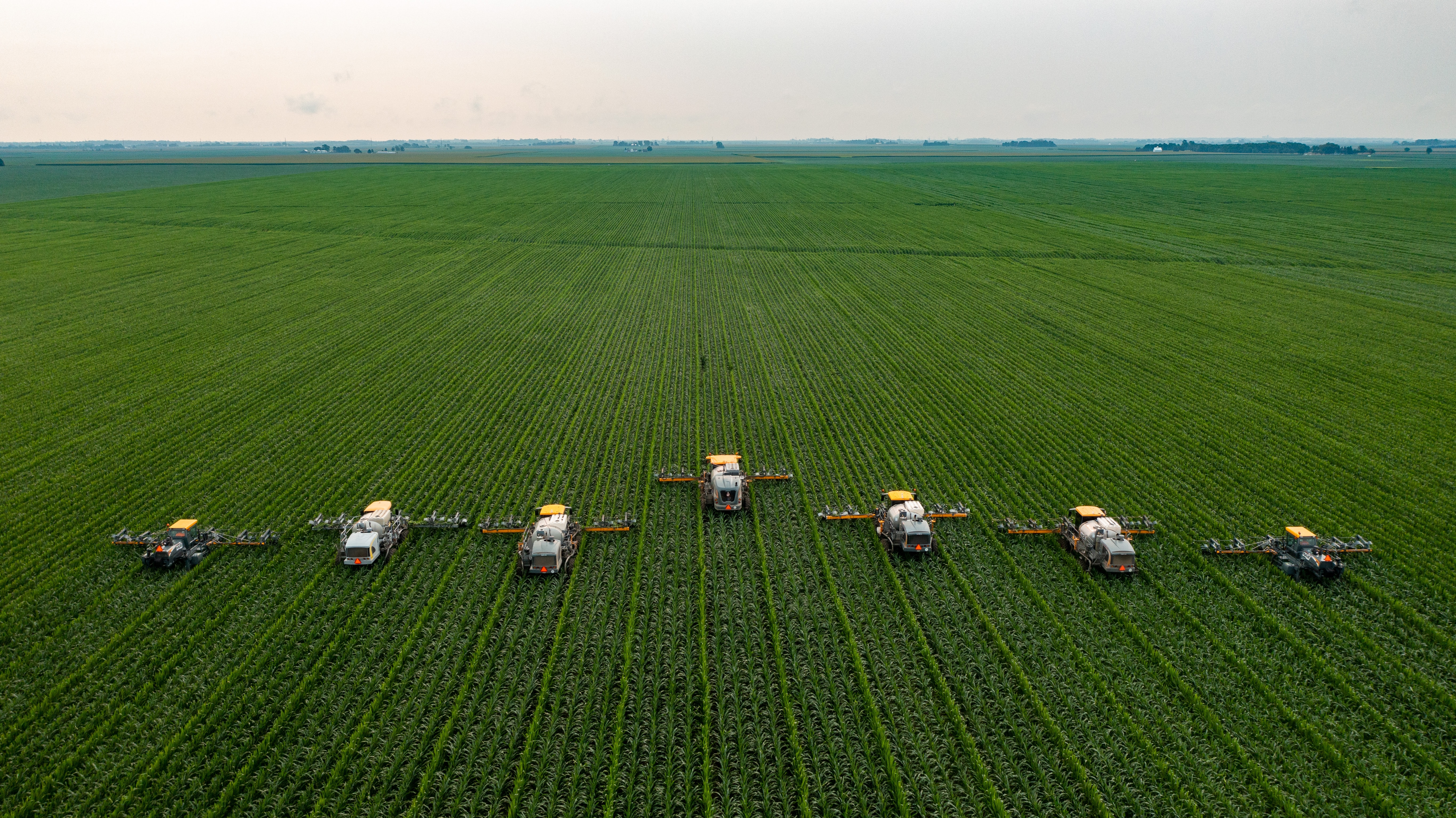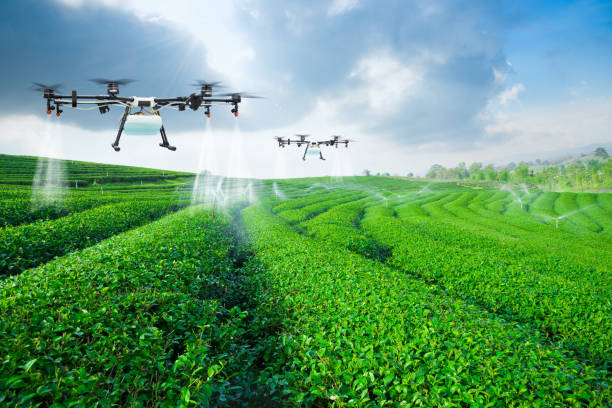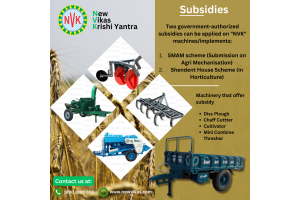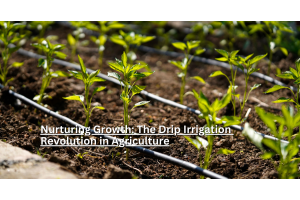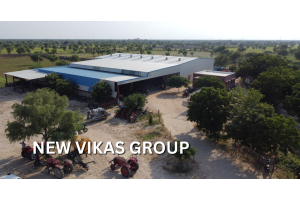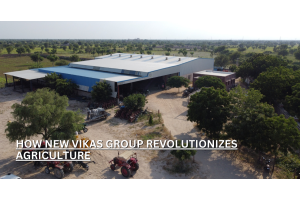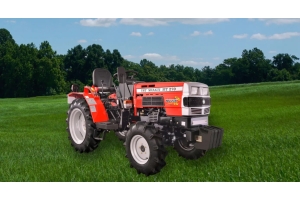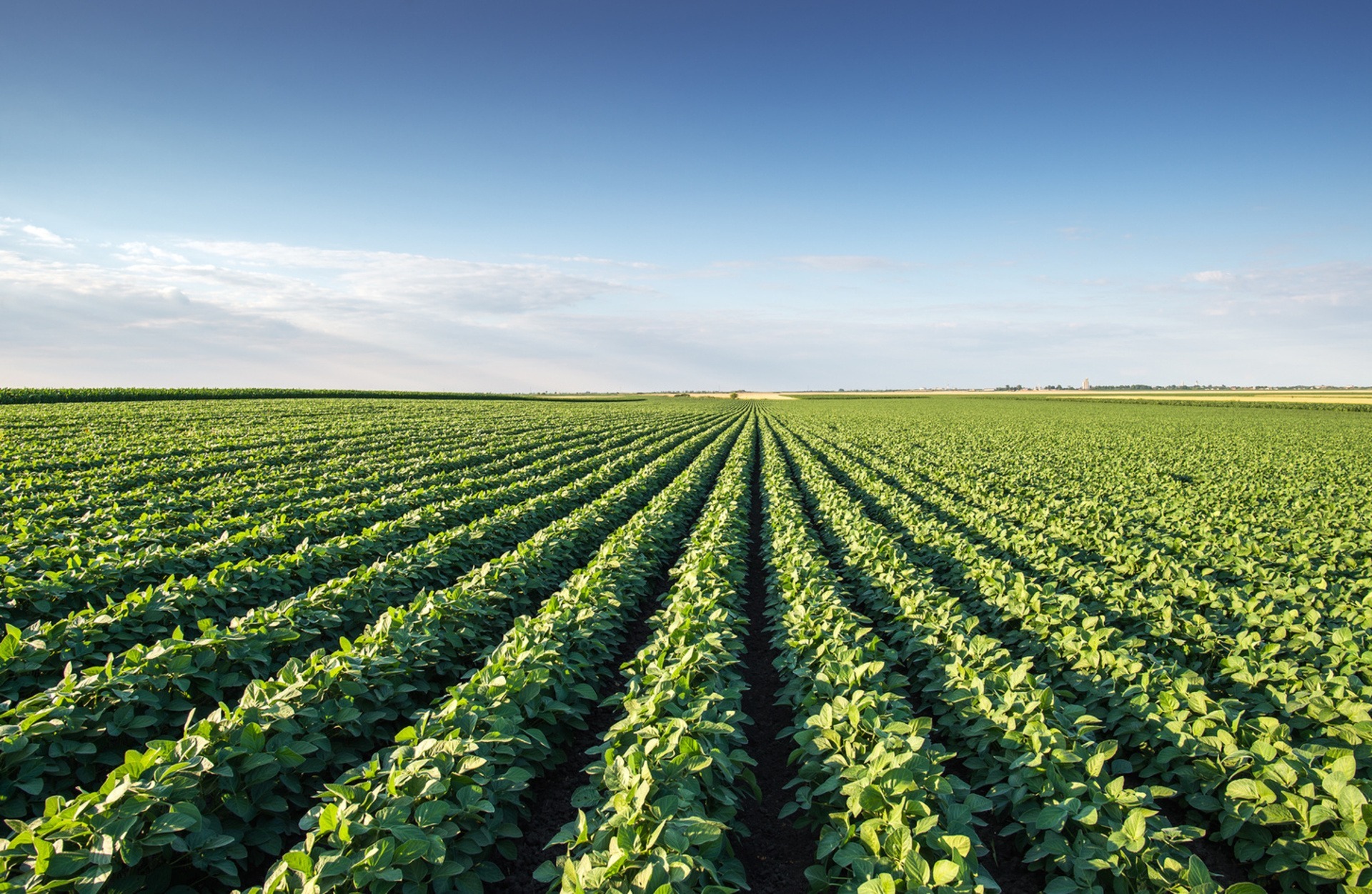
Introduction
In a rapidly evolving world, the importance of agriculture cannot be understated. As we strive to feed a growing global population and face challenges such as climate change and sustainable resource management, cultivating knowledge about agriculture becomes crucial. In this blog post, we will delve into the fascinating world of agriculture, exploring its various aspects and highlighting its significance. Join us on this journey of discovery as we unveil the wonders of agriculture and its impact on our lives.
1. The Origins of Agriculture: To understand agriculture's significance, we must first explore its origins. Thousands of years ago, our ancestors transitioned from a nomadic lifestyle to settled communities, largely due to the development of agriculture. Discover how early civilizations cultivated crops, domesticated animals, and transformed the course of human history through their agricultural practices.
2. Modern Agricultural Practices: Fast forward to the present, and agriculture has evolved tremendously. Technological advancements, such as precision farming, hydroponics, and genetically modified organisms (GMOs), have revolutionized the industry. Learn about these modern practices and their impact on crop yield, efficiency, and sustainability. Discover how farmers leverage innovative techniques to optimize production while minimizing the ecological footprint.
3. Sustainable Agriculture: As the world grapples with environmental challenges, sustainable agriculture takes center stage. Explore the principles and practices behind sustainable farming, including organic farming, permaculture, and agroforestry. Delve into the importance of biodiversity, soil conservation, and water management in promoting long-term agricultural sustainability. Discover how sustainable agriculture not only protects our planet but also ensures food security for future generations.
4. Agricultural Innovations: The agricultural sector continuously embraces innovation to overcome various challenges. From the development of smart farming technologies to the application of artificial intelligence and robotics, agricultural innovations are reshaping the industry. Explore cutting-edge solutions such as autonomous farming machinery, drone surveillance, and data-driven decision-making. Learn how these advancements enhance productivity, reduce costs, and optimize resource allocation.
5. Global Agricultural Systems: Agriculture is a global endeavor, with diverse practices and challenges across different regions. Explore various agricultural systems worldwide, from traditional subsistence farming to large-scale commercial operations. Discover how factors like climate, geography, and culture influence farming techniques and crop choices. Gain insights into global food trade and the challenges of achieving a balanced and equitable food distribution system.
6. The Future of Agriculture: Looking ahead, the future of agriculture holds tremendous potential and critical considerations. Explore emerging trends such as vertical farming, urban agriculture, and the integration of renewable energy sources into farming operations. Discuss the role of biotechnology, climate-smart agriculture, and resilient farming practices in adapting to a changing world. Uncover the possibilities of agricultural research and innovation in addressing future food security challenges.
7. Conclusion: Cultivating knowledge about agriculture is essential for a sustainable and prosperous future. By exploring the origins, modern practices, sustainable approaches, innovations, global systems, and future possibilities in agriculture, we gain a deeper understanding of its significance. Whether you are a farmer, consumer, or simply curious about the world around you, embracing the wonders of agriculture allows us to appreciate its impact on our lives and make informed choices. Let us embark on this journey together, nurturing our knowledge and appreciation for the remarkable world of agriculture

